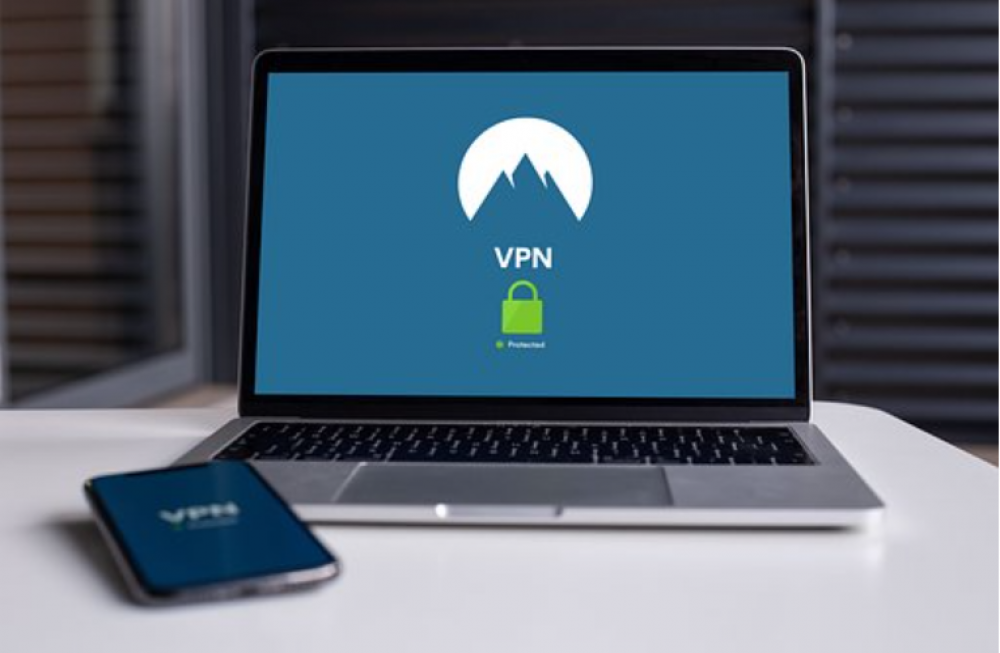
Bypassing Internet Restrictions At Schools - What You Should Know
There's no doubt that schools today are placing more emphasis on using technology in the classroom. But what happens when students want to use the internet for personal reasons? In many cases, they're faced with strict limitations. Here's what you should know about bypassing internet restrictions at schools.
Bypassing Internet Restrictions at Schools - What You Should Know
VPN: an effective method for bypassing school internet restrictions
Using a VPN, or Virtual Private Network, is becoming increasingly common for students in the modern age of the digital classroom. It's one of the most potent methods for bypassing restrictions on school internet networks, allowing students access to resources that may have been blocked or censored. Moreover, it can help to protect users from malicious actors lurking on public WiFi hotspots, ensuring an extra layer of safety while browsing the web. In this case, VPN for school WiFi can help protect student data while accessing the internet and allow them to access websites that may have been blocked. For instance, many schools use filters to block sites like Youtube, social media, and streaming services like Netflix. A VPN can help students bypass these restrictions.
And while a VPN grants students more power over their online activities, they should remember to adhere to all applicable rules set by their educational institution. This type of technology should be used responsibly and thoughtfully. If the school has prohibited using VPNs on its network, students should not attempt to bypass those rules. Otherwise, they may face serious consequences. Ultimately, VPNs can be an invaluable tool for students navigating the modern internet world.
-
Factors to consider in choosing a VPN
For students who need to bypass the restriction put in place by schools, choosing a VPN can be tricky. It's essential to evaluate features such as server selection and reliability, access speeds, privacy policies, payment plans (free/monthly/etc.), customer service, and ease of use. Server selection is essential, as the closer, the server is to your school's internet network, the faster it will run. It's also important to consider privacy policies and customer service - for instance, if a VPN provider does not have a strict no-logging policy, you may lose control over your data.
You might also consider the size of the company — multi-national or independent — as well as its history and reputation. Generally speaking, larger companies have more resources for providing dependable service with reliable uptime. This means you can trust their security measures and know your data will remain safe. Finally, you should consider the cost of a VPN - some providers offer free services, while others require monthly payments. Consider which plan best suits your needs before signing up. There are many options out there - read up on reviews and personal experiences from real users in online forums to help narrow down your choices before purchasing or signing up for a free plan.
Proxy server: a simple solution to bypass school internet restrictions
Bypassing school internet restrictions may feel like a mischievous temptation, but connecting through a proxy server can be a legitimate option. A proxy server acts as an intermediary between a user and the internet - it integrates into your computer and acts like an extra layer of security between you and any websites you visit. If you create an encrypted connection with the server, some schools may not even recognize that you're trying to get around their usage policies. Think of it as your VPN for school: doing something wrong but feeling right about it. Enjoy freedom with caution and responsibility!
Be aware of the risks involved in bypassing Internet restrictions at school.
Whether you're a student or an educator, breaking through Internet restrictions at school can come with certain risks. It's essential to be mindful of how your activities could be monitored, so it's wise to research before bypassing your school's firewall. Consider which methods used to get around the restrictions might be traceable, and have a plan for what would happen if you were caught. The consequences for circumventing school policies can range from a stern warning to serious disciplinary action — illegal activities could even get you thrown in jail — so weighing the risk of discovery against any potential reward is essential. Ultimately, students and teachers should understand the threat they may face while trying to break through internet security systems and practice good online safety behaviors whenever possible.
A VPN or proxy server is an effective way to bypass school internet restrictions. It provides anonymity and could be the difference between accessing blocked websites at school or not. That being said, it's essential to understand that there may be risks associated with bypassing school internet blocks and firewalls. It's up to the user to decide if the potential benefits outweigh the potential risks involved in their specific circumstances. All-in-all, VPNs, and proxies can be invaluable tools for students navigating the modern internet world. Just remember to use them responsibly and thoughtfully.

